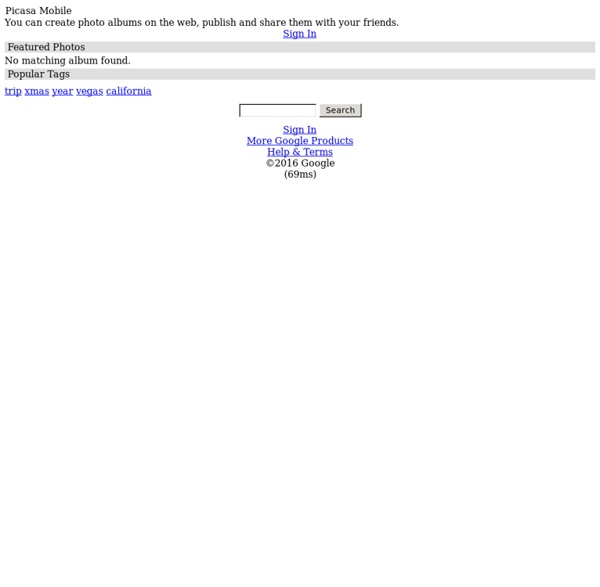



JSTOR, the Semantic Web, and Bibliopedia JSTOR has been in the news recently thanks to the Aaron Swartz hacking case. While I do not wish to discuss Swartz’s actions, his possible motivations, or open access questions here, I do find it notable that JSTOR, as the organization mentions in its statement on the matter, provides an API for access to broad swaths of its data. This fact means that coders can query the JSTOR databases in many different ways such as n-grams, time lines, graphs, full text retrieval, and citation information. Indeed, it is a shame that few in the ensuing discussions have commented on JSTOR’s DfR interface. Why is the format important? Citations, in particular, are difficult to parse. The parsing of citations may seem like a fairly arcane endeavor designed to gauge article importance via citation metrics, a measurement the sciences are far more enamored of than the humanities, but the benefits could be much greater. Within a year, we will have a working prototype of Bibliopedia up and running.
Music-syncing app SoundSYNK creates impromptu surround sound system On 11 July, Edward Noel and three of his Exeter University mates won $50,000 (£33,000) at Microsoft-sponsored Imagine Cup finals in St Petersberg. Their invention, an app called SoundSYNK, allows people to link mobile and tablet devices together and stream music over all the devices simultaneously. But Noel and his teammates -- Robert Parker, Alexander Bochenski and Jonathan Neumann -- have loftier ambitions than simply this innovative mobile surround sound system: they want to transform the way people share data. "We're creating something called the 'impromptu social network'," says Noel, speaking from Atlanta where the team have been flown out to present at Microsoft's annual Global Exchange conference. "It's the ability to connect an unlimited number of people together in your area". Imagine that you're listening to a band at a festival. That's the impromptu social network. SoundSYNK will be more than an app, says Noel. Current sharing tools aren't good enough, says Edward.